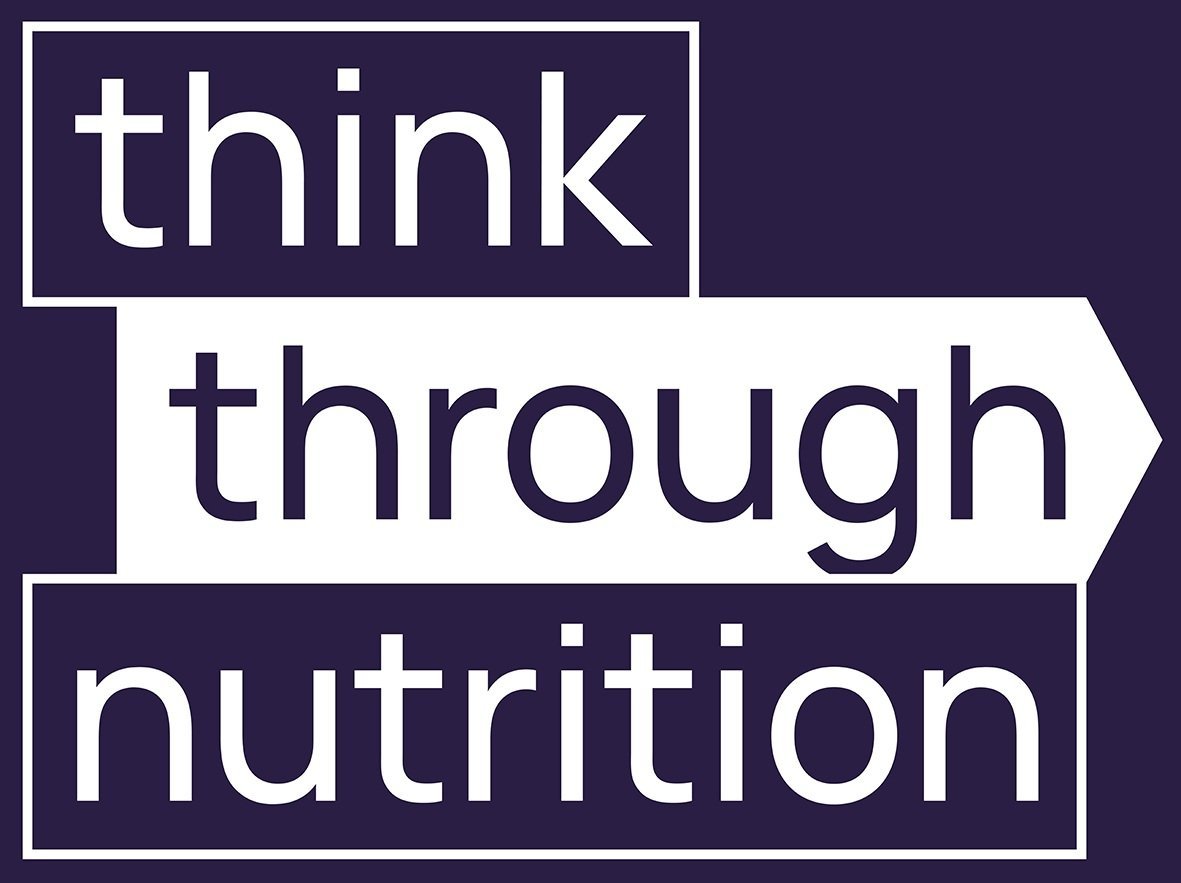Omega-3 Eicosapentaenoic Acid is Related to Happiness and a Sense of Fulfilment – A study among Female Nursing Workers
Publication date
11 November 2020
Authors
Hirohito Tsuboi
Hiroyuki Sakakibara
Masahiro Matsunaga
Asami Tatsumi
Kimiko Yamakawa-Kobayashi
Naoko Yoshida
Kayoko Shimoi
The Publication
The benefits of omega 3 fatty acid intake on improving depression and mental states have been consistently documented. However, the exact effect of EPA versus DHA, both types of omega 3, are less well known. Whilst DHA is abundant in human brain, particularly during development, playing a crucial role in nerve membrane structure, many important anti-inflammatory cytokines are derived from EPA which has been shown to be more effective for treating psychiatric disorders. However, the mechanisms underlying their different roles are poorly understood.
This study set out to investigate factors that help people maintain positive psychosomatic status studying the specific actions of the PUFAs, EPA and DHA on happiness and sense of fulfilment. Blood levels of EPA were strongly associated with happiness. However, levels of the shorter chain omega 3, ALA, which is the main omega 3 provided by plants, predicted a lower sense of fulfilment which demands further investigation. Overall, this is the first study to show an association between happiness and EPA, independent of DHA.
Our Response
This is yet another study which highlights there are fundamental differences, in terms of mechanisms, between EPA and DHA. Perhaps rather than grouping them as a collective ‘omega 3’, research should always distinguish between the two. Such detail could help in providing recommendations to support individuals who suffer from low mood.

